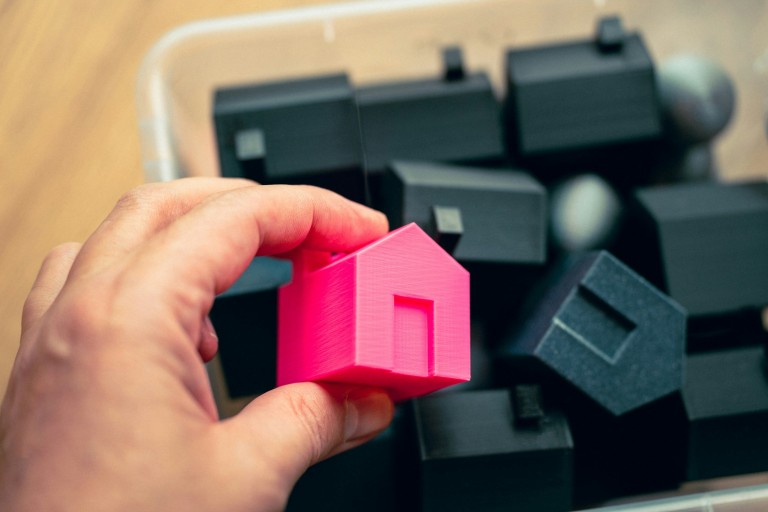


Deciding between leasehold and freehold is a crucial step in buying a home. Here’s what you need to know to make the best choice.
Freehold: Complete Control and Ownership
A freehold property means you own the building and the land it sits on indefinitely. This offers you the freedom to make changes, subject to planning laws, and you’re responsible for all maintenance and repairs. Freehold properties often have higher resale values and provide a sense of long-term stability, making them a popular choice for those looking for a straightforward ownership experience.
Leasehold: Limited Time Ownership
With a leasehold property, you own the building for a set period, but not the land. Lease terms can be extensive, often lasting decades or even centuries. Leaseholders usually pay ground rent and service charges for shared areas. Additionally, leasehold properties may include restrictions that require freeholder approval for major changes or selling the property.
Financial Aspects: Costs and Lease Extensions
Leaseholders should be aware of ongoing costs like ground rent and service charges, as well as the potential expense of extending a lease. Shorter leases can affect property value and mortgage availability, so it’s important to evaluate these factors carefully.
Making Your Decision
When choosing between leasehold and freehold, consider your lifestyle and financial goals. Freehold offers more autonomy and typically higher value, while leasehold might appeal to those interested in properties within larger complexes. Ensure that lease terms are favourable and manageable.
Understanding the nuances of property ownership is essential for making a decision that aligns with your needs and future plans. For expert advice and assistance in finding your ideal home, whether leasehold or freehold, reach out to us at Bond Residential. We’re here to support you every step of the way.
Image: Unsplash
Book a Valuation
Or call us today on
01245 500599